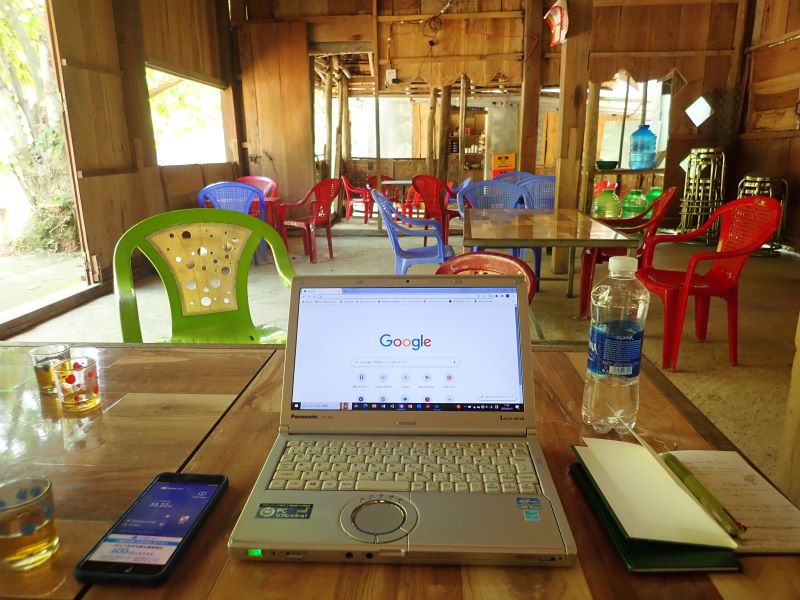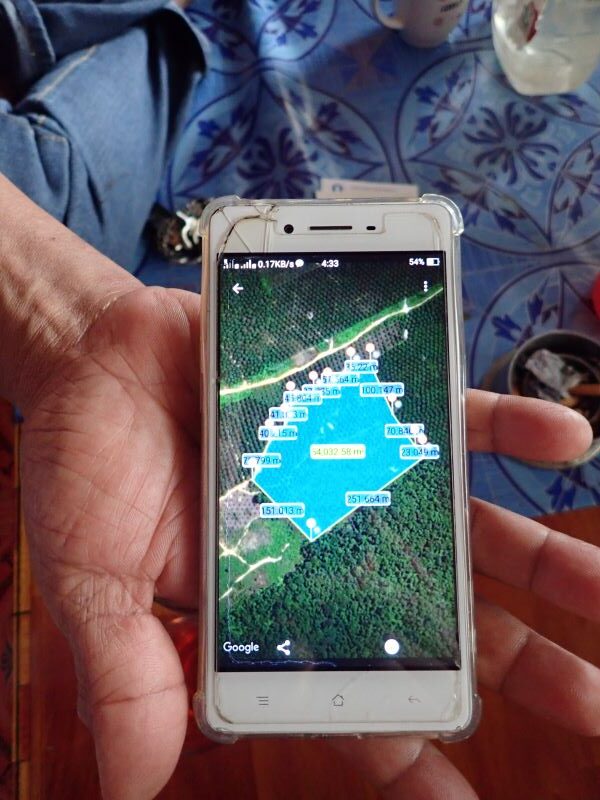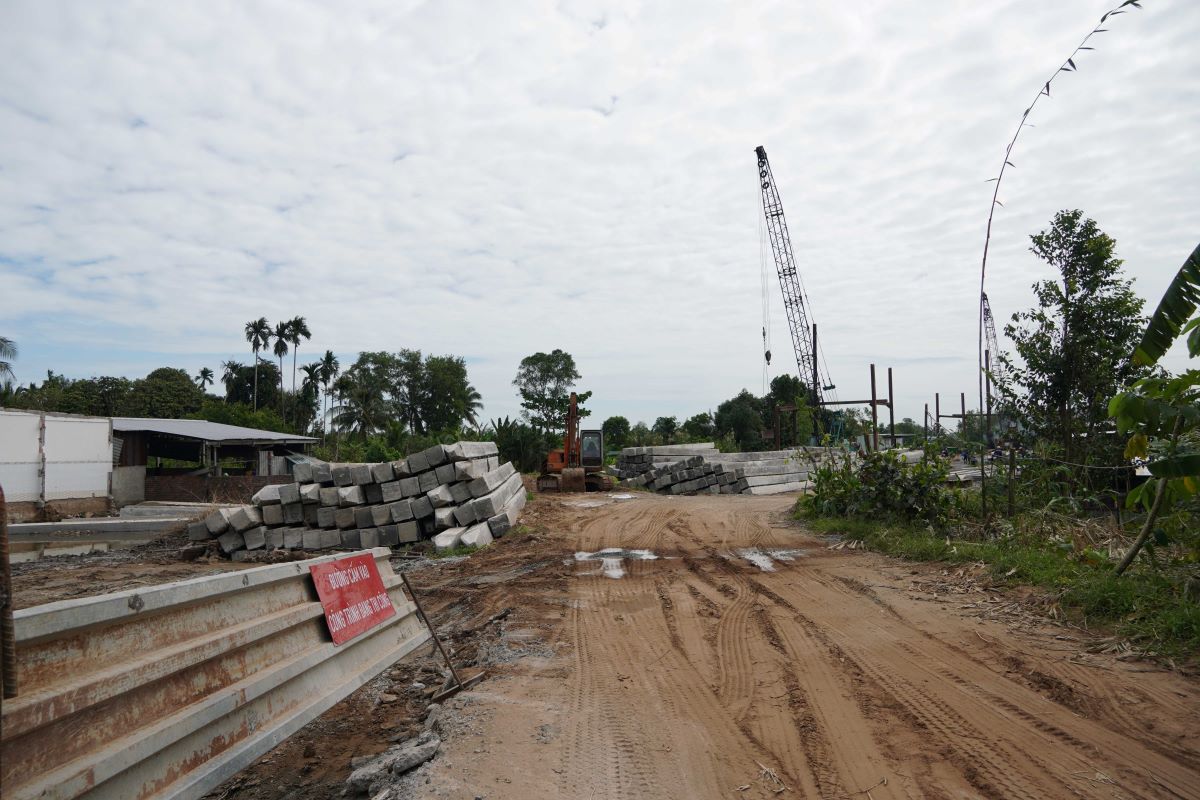Field-based Area Studies by Using Field Stations and Liaison Offices
"Frontier Societies in Southeast Asia in the Information Age"
R6-7 4-1 (R6 AY2024)
| Project Leader | Ubukata Fumikazu (Okayama University, Faculty of Environmental, Life, Natural Science and Technology) |
| Collaborators | Soda Ryoji (Osaka Metropolitan University, Graduate School of Literature and Human Sciences) Hayama Atsuko (Kurume University, Faculty of Economics) Koizumi Yusuke (Hitotsubashi University, Graduate School of Social Sciences) Kobayashi Satoru (Kyoto University, Center for Southeast Asian Studies) Kasori Maho (Kyushu University, Faculty of Agriculture) |
| Research Project | Frontier Societies in Southeast Asia in the Information Age |
| Countries of Study | Vietnam, Malaysia, Indonesia, Philippines, Thailand, Cambodia |
Outline of Research
The advent of the information society has also reached people in frontier societies in Southeast Asia. In particular, in recent years, as information infrastructure has been developed in response to the implementation of the SDGs and other initiatives, information has become an important resource, and frontier societies are becoming even more strongly connected to the core areas. In this study, we use the production and distribution of primary products for export and environmental conservation projects in frontier regions of Southeast Asia as examples to examine how actors constituting the state, market, and local community have expanded their information infrastructures, and how they interact with the real world.
Purpose of Research, Its Significance and Expected Results, etc
It is said that integration into nation-states and markets has progressed in the peripheral regions of Southeast Asia since independence, but the recent SDGs agenda and the spread of digital information technology have elevated information to an even more important resource, and are having a new impact on the relationship between the state, the market, and local communities.
For example, the EU Deforestation Regulation (EUDR), the policy which EU has decided to introduce in 2023 as a measure against climate change, will make it mandatory in the future to certify that agricultural products exported to the EU have not destroyed forests. In Southeast Asia, industries such as palm oil, coffee, natural rubber, and timber are being forced to take measures to ensure the traceability of their products (many of which involve the development of digital information infrastructure). People in peripheral communities have been greatly affected by these industries through land expropriation and participation in the industries, but it is expected that they will be affected in a different way from before.
How will the increasing influence of the state and market through digital information as described above reshape local communities in peripheral regions of Southeast Asia? Also, will local communities be able to build relationships with the state and market in the way they want? This study uses the production and distribution of primary products for export and environmental conservation projects in peripheral regions of Southeast Asia as examples to examine how the actors that make up the state, market, and local community have expanded their respective information infrastructures, and how these interact with the real world.
The significance of this study lies in its approach to the spread of digital information technology and the SDGs from an area studies perspective. This will make it possible to clarify the actual situation and mechanisms by which the practice of SDGs may strengthen people's control, as well as the countermeasures that peripheral societies should develop in response to this.



